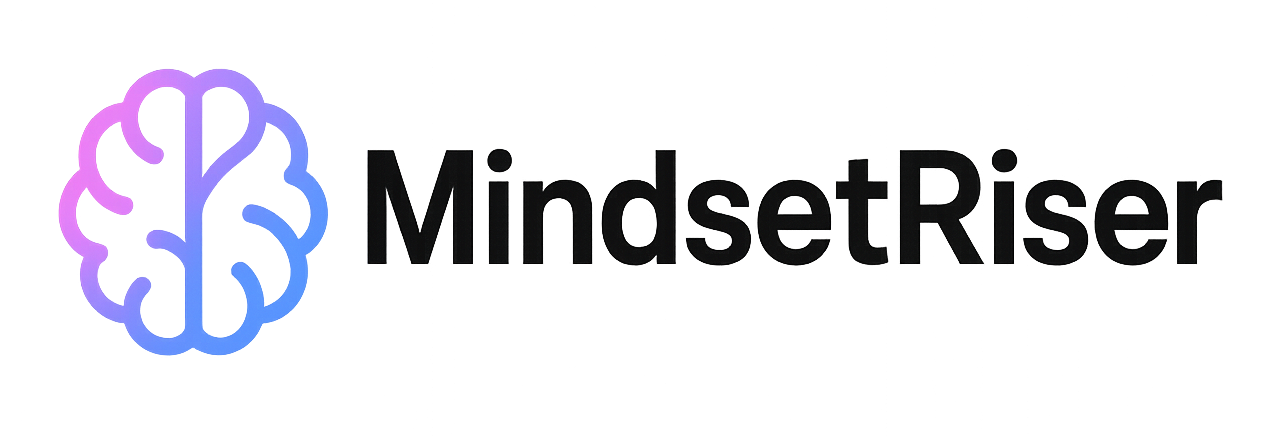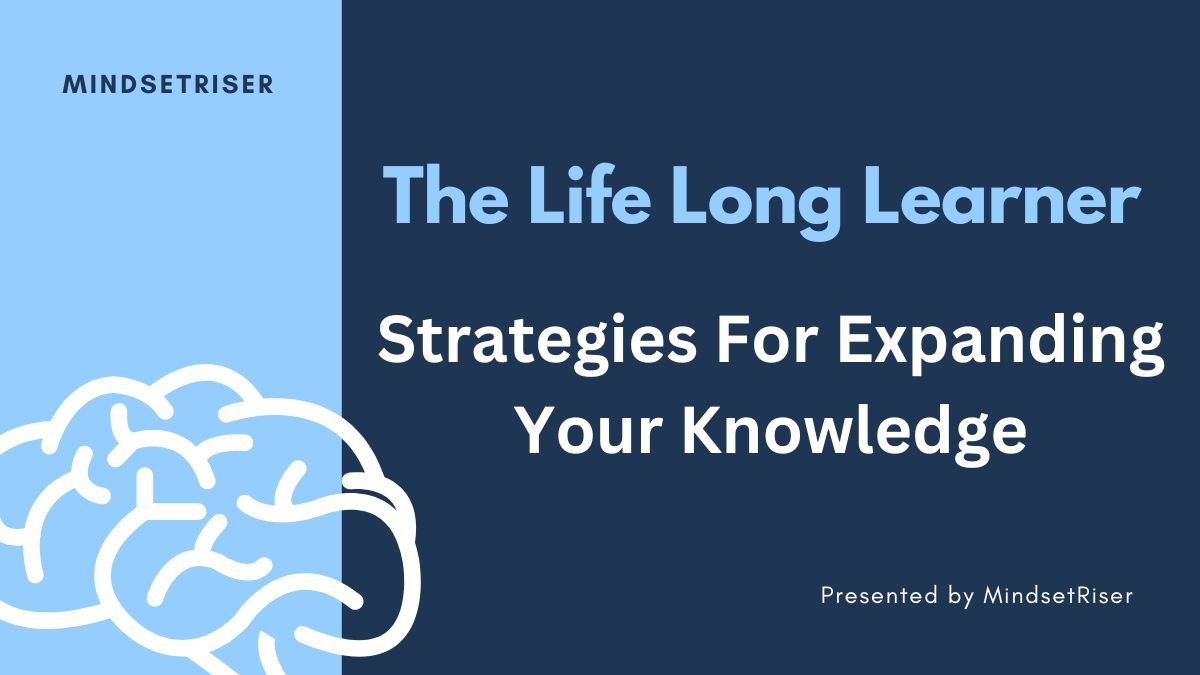The Lifelong Learner: Strategies for Continuously Expanding Your Knowledge
In today’s rapidly changing world, the need for continuous learning has never been more essential. Lifelong learning is the practice of constantly developing new skills, knowledge, and understanding throughout one’s life. Whether for personal growth, professional development, or intellectual curiosity, becoming a lifelong learner is a powerful way to stay adaptable and prepared for the future. In this article, we will explore strategies for embracing a mindset of continuous learning and share practical tips for expanding your knowledge throughout your life.
1. The Importance of Lifelong Learning: Embracing Change and Growth
Lifelong learning is not just about accumulating knowledge but about cultivating a mindset that is open to new ideas, experiences, and growth. In today’s world, technological advancements, industry shifts, and cultural changes are happening at an unprecedented pace. As a result, individuals who embrace lifelong learning are better equipped to navigate these shifts and stay competitive in their careers.
- Key Idea: Lifelong learning fosters adaptability, personal growth, and intellectual curiosity. By continuously acquiring new skills and knowledge, we are better prepared for changes in the job market and society, and we increase our overall well-being.
- Practical Application: To embrace lifelong learning, start by identifying areas you are passionate about or skills you want to improve. Commit to setting aside time each week to read, take online courses, or practice new skills. Whether through formal education or self-directed learning, consistency is key to developing a habit of continuous growth.
Reflection: Lifelong learning is a mindset that empowers you to remain relevant and capable in an ever-changing world. By embracing change and seeking knowledge, you unlock new possibilities for personal and professional growth.
2. Develop a Growth Mindset: Cultivating the Desire to Learn
A critical element of lifelong learning is developing a growth mindset. This concept, coined by psychologist Carol Dweck, refers to the belief that intelligence and abilities can be developed through effort, perseverance, and learning from mistakes. People with a growth mindset embrace challenges, seek out learning opportunities, and view failure as a stepping stone to success.
- Key Idea: Cultivating a growth mindset is essential for lifelong learning. It encourages individuals to approach challenges with curiosity and resilience, knowing that learning is a continuous process rather than a fixed trait.
- Practical Application: To develop a growth mindset, focus on the process of learning rather than solely on the outcome. When you encounter obstacles, view them as opportunities to learn and grow. Additionally, challenge your assumptions and be open to new perspectives and ideas that can expand your knowledge.
Reflection: A growth mindset helps you embrace challenges and view learning as an ongoing journey. It encourages resilience, making it easier to approach new opportunities and skill development with enthusiasm.
3. Create a Learning Plan: Setting Goals for Continuous Knowledge Expansion
Just like any other goal in life, expanding your knowledge requires clear direction and intentional effort. A learning plan provides structure and purpose, helping you prioritize your time and focus on the areas that will have the most impact on your personal and professional development.
- Key Idea: A learning plan acts as a roadmap for your educational journey. It helps you set measurable goals and track your progress over time, ensuring that you remain committed to your growth.
- Practical Application: Start by identifying your short-term and long-term learning goals. Consider what skills, subjects, or experiences you want to focus on. Break these goals down into actionable steps and set timelines for achieving them. For example, if you want to learn a new language, set a goal to practice for 30 minutes a day and aim for fluency within six months.
Reflection: A well-structured learning plan ensures that you stay on track and focused on your growth. It provides clarity and helps you prioritize your efforts toward expanding your knowledge.
4. Leverage Technology: Online Learning Platforms and Resources
The digital age offers an abundance of resources for continuous learning. Online courses, podcasts, YouTube videos, and digital libraries have made knowledge more accessible than ever. By leveraging technology, you can easily expand your knowledge from the comfort of your home or while on the go.
- Key Idea: Technology can serve as a powerful tool for lifelong learning. The internet provides a wealth of free and paid resources for learning everything from technical skills to philosophical theories, often with the convenience of learning at your own pace.
- Practical Application: Explore online learning platforms such as Coursera, Udemy, LinkedIn Learning, and Khan Academy to find courses that align with your interests or career goals. Additionally, follow podcasts or subscribe to YouTube channels that offer educational content in areas you want to explore further. Use apps like Audible to listen to audiobooks on various subjects during your commute or workout.
Reflection: Online resources provide endless opportunities to expand your knowledge. By utilizing technology, you can tailor your learning experience to your lifestyle and continually develop your skills.
5. Cultivate Curiosity: Exploring New Interests and Perspectives
Being a lifelong learner isn’t just about focusing on one area of expertise; it’s about staying curious and open to new experiences. Cultivating curiosity means embracing the unknown and seeking out new interests that might challenge your thinking and broaden your understanding of the world.
- Key Idea: Curiosity is the driving force behind continuous learning. When you remain curious, you open yourself to new ideas and possibilities that can lead to personal and intellectual growth.
- Practical Application: Make a habit of exploring new topics, whether they relate to your career or personal passions. Read books, attend lectures, or engage in discussions that expose you to different viewpoints and fields of knowledge. Travel, engage in new hobbies, or take classes in areas that are unfamiliar to you. The goal is to cultivate an ongoing sense of wonder and exploration.
Reflection: Curiosity is the key to lifelong learning. By staying curious and open-minded, you can continuously discover new interests and expand your horizons.
6. Network with Other Lifelong Learners: Engage in Knowledge Sharing
One of the best ways to expand your knowledge is by connecting with other like-minded individuals who are also committed to learning. Engaging in conversations, discussions, and collaborative projects with others provides opportunities to share knowledge, exchange ideas, and gain new insights.
- Key Idea: Learning is often enhanced through interaction and collaboration. Networking with others who are passionate about continuous learning can inspire you to explore new areas of knowledge and offer fresh perspectives.
- Practical Application: Attend industry conferences, workshops, or online forums that focus on your areas of interest. Join social media groups or professional networks where you can interact with people who share your enthusiasm for learning. Participate in study groups, book clubs, or mentorship opportunities to deepen your knowledge through collective exchange.
Reflection: Engaging with a community of learners can stimulate new ideas and provide opportunities for growth. Collaboration and shared knowledge are essential components of lifelong learning.
7. Reflect and Adapt: Evaluate Your Progress and Evolve
Continuous learning isn’t just about acquiring new knowledge—it’s also about self-reflection and evaluation. As you accumulate knowledge and experience, it’s important to assess how your learning is impacting your life and make adjustments as necessary.
- Key Idea: Regular reflection ensures that your learning remains purposeful and aligned with your goals. It allows you to identify areas where you need further improvement and adapt your approach to learning accordingly.
- Practical Application: Set aside time periodically to review your progress and evaluate the effectiveness of your learning plan. Ask yourself what’s working, what could be improved, and how your new knowledge is being applied in your life. Use this feedback to adjust your learning goals and strategies.
Reflection: Reflection and adaptability are essential to lifelong learning. By periodically reviewing your growth and adjusting your approach, you ensure that your learning journey remains meaningful and effective.
Conclusion: Lifelong Learning as a Path to Personal Fulfillment
The journey of lifelong learning is a powerful way to stay engaged, adaptable, and fulfilled throughout your life. By embracing a growth mindset, setting intentional learning goals, and leveraging technology and community, you can continuously expand your knowledge and skills. Whether for personal development or professional advancement, the pursuit of knowledge offers endless opportunities for growth and transformation.
By making lifelong learning a habit, you ensure that your mind remains sharp, your curiosity stays active, and your potential is fully realized. In an ever-evolving world, the commitment to continuous learning is one of the most valuable investments you can make for your future.

